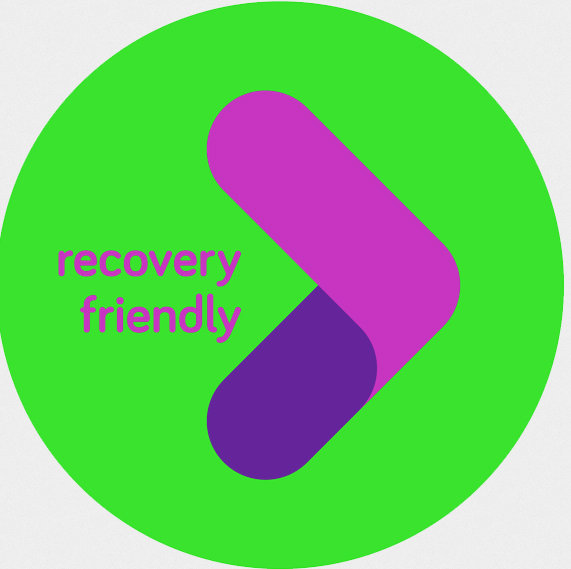Championing recovery friendly workplaces in RI
New state program, modeled on a New Hampshire effort, is being rolled out with Jonathan Goyer at the helm
PROVIDENCE – A new initiative, Recovery Friendly Workplaces in Rhode Island, hopes to officially launch its website the week of Feb. 3, with the goal of engaging businesses in becoming designated “recovery friendly workplaces,” in a program modeled after the successful initiative of the same name begun in New Hampshire more than a year ago.
With oversight from Rhode Island College and relationships with the R.I. Department of Labor and Training and the R.I. Department of Health, the new initiative seeks to engage with companies around overdose prevention and recovery efforts, seeking to capitalize on the untapped potential to save more lives throughout Rhode Island.
One key selling point for the New Hampshire initiative, launched in 2018 by Gov. Chris Sununu, was the datapoint: “Untreated addiction costs New Hampshire’s economy $2.36 billion,” with 66 percent of that cost, some $1.5 billion, incurred by businesses in the form of impaired productivity and absenteeism, according to an analysis conducted by PolEcon Research in 2017.
Some 72 companies in New Hampshire have now received designations as “recovery friendly workplaces, as listed on the program’s website, from manufacturers to retail enterprises to restaurants, including large employers such as Walmart.
History and context
In his introduction to a public forum about the new initiative held on Friday afternoon, Jan. 17, Tom Coderre, a former senior advisor to Gov. Gina Raimondo who is now working with the federal Substance Abuse and Mental Health Services Administration in Boston, shared a bit of the history and philosophy behind the new initiative.
“We all know, in this room, that people in recovery can make some of the best employees,” Coderre said, saying the goal was to help people get back on track and become a productive member of society. “They know the importance of being on time for work every day. They know the importance of having responsibilities and fulfilling those responsibilities. People in recovery make excellent employees,” he continued. “We just need to give them an opportunity to do that.”
Work on developing the recovery friendly initiative began more than a year ago, according to Coderre, involving a recovery friendly workplace committee chaired by President Frank Sanchez of Rhode Island College, which included Dr. Susan Andrews, the medical director at General Dynamics Electric Boat, and two dozen other members.
“It wasn’t just the usual suspects that you might expect,” Coderre said. “There were people from the hospitality industry, from the manufacturer’s association, from all kinds of different sectors coming together.”
To make the new initiative work, the group realized, it would need to have someone in charge, driving the ship, according to Coderre. Jonathan Goyer was hired about a month ago as the coordinator.
Bringing commerce to the table
For Goyer, who has been involved in developing many of the innovative approaches that Rhode Island has undertaken – from Safe Stations to expanding medication assisted treatment, from developing recovery housing to deploying recovery coaches to meet people where they are, there was a realization, he explained, that despite all these programs, “We had not really brought commerce to the table.”
Goyer also acknowledged that despite the fact that Rhode Island loved to be the first in developing innovative solutions, the state was going to have to take second place and follow the lead of New Hampshire.
He then introduced Karen Morton-Clark, one of three Recovery Friendly Advisors working with the Recovery Friendly Workplace initiative in New Hampshire, who detailed the organizational framework of the initiative.
In the discussion that followed, Sen. Joshua Miller, chair of the R.I. Senate Committee on Health and Human Services, talked about his own experiences in attempting to promote a recovery friendly workplace at his businesses in Providence. The reality was that employers might not know which of their employees are actually in recovery, Miller explained. Miller also said that alcohol use disorders were probably more prevalent in the workplace than opioid use disorders.
Morton-Clark shared that while employers were keeping track of the potential benefits that resulted from reduced health care insurance costs as a result of becoming a designated recovery friendly workplace, she was not at liberty to share of the data.
Morton-Clark also said that the workplace environment improved with the adoption of the recovery friendly workplace, removing stigma, as many companies offered onsite counseling for those in recovery, building a sense of community among workers.
Further, Morton-Clark deflected a question about the presence of marijuana in the workplace, saying that one of the goals of the program was to promote workplace safety.






